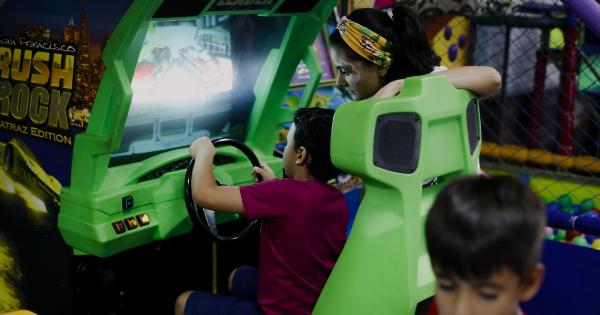Empathy is an essential human trait that enables people to understand and share the feelings of others. It is an important aspect of social development and allows individuals to build strong social relationships.
Empathy starts developing in infancy, but the question remains when do babies start empathizing with others? In this article, we will explore the research on empathy development in infants.
What is empathy?
Empathy is the ability to understand and share the feelings of others.
It is often referred to as the ability to “put oneself in another person’s shoes.” Empathy enables individuals to respond appropriately to the emotional needs of others. Empathy involves both emotional and cognitive processes. Emotional empathy is the ability to experience the same emotions as another person, while cognitive empathy is the ability to understand and reason about the emotions of others.
When do babies start showing signs of empathy?
Research has shown that infants as young as six months old start showing signs of emotional empathy. Studies have found that when an adult expresses sadness or pain, the infant shows signs of distress, such as crying or looking concerned.
Similarly, when a caregiver expresses joy or happiness, the infant shows signs of happiness, such as smiling or laughing. This suggests that infants are able to recognize and respond to the emotions of others, which is a key aspect of empathy.
How do babies develop empathy?
Babies develop empathy through a process called social referencing. Social referencing is the process by which infants use the emotional cues of others to interpret situations and regulate their own emotional responses.
For example, if a caregiver expresses fear in response to a new situation, the infant may become fearful as well. Social referencing allows infants to learn about the emotional responses appropriate for different situations and to understand the feelings of others.
The role of mirror neurons in empathy development
Mirror neurons are a type of neuron that is activated both when an individual performs an action and when they observe someone else performing the same action. Studies have shown that mirror neurons play an important role in empathy development.
When an infant observes an adult experiencing an emotion, such as happiness or sadness, their mirror neurons are activated, which allows them to understand and share the emotion of the other person.
The importance of responsive caregiving
Responsive caregiving is an important factor in empathy development. When caregivers respond sensitively and appropriately to the emotions of infants, they help to foster the development of empathy.
Responsive caregiving involves recognizing and responding appropriately to the emotional cues of infants, such as comforting them when they are upset or sharing in their joy when they are happy. When caregivers are responsive, they model empathy and help infants to develop this important trait.
Cultural differences in empathy development
Research has found that there are cultural differences in empathy development.
For example, in collectivistic cultures, which emphasize the importance of group harmony and the needs of others above individual needs, empathy development is prioritized from a young age. In individualistic cultures, which prioritize individual needs and autonomy, empathy development may not be emphasized as strongly.
The importance of empathy in social development
Empathy is an important trait for social development. It allows individuals to connect with others, build strong relationships, and respond appropriately to the emotional needs of others.
Empathy also helps individuals to experience a sense of belonging and community. Research has shown that individuals who are high in empathy are more likely to engage in prosocial behavior, such as volunteering and helping others.
Conclusion
Empathy development starts in infancy, with infants showing signs of emotional empathy as young as six months old. Infants develop empathy through social referencing and the activation of mirror neurons.
Responsive caregiving is an important factor in empathy development, as it helps to model empathy and foster its development. Cultural differences in empathy development have also been observed. Empathy is an important trait for social development, leading to the formation of strong relationships and prosocial behavior.































